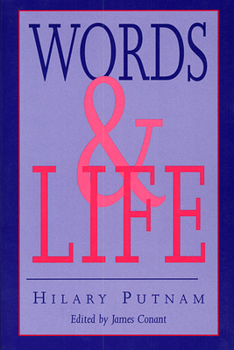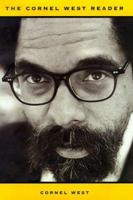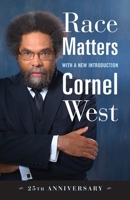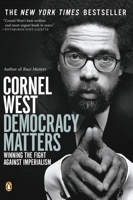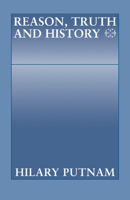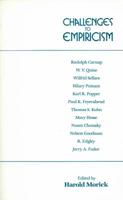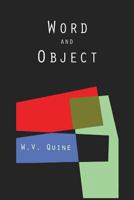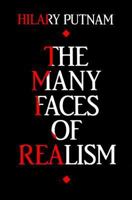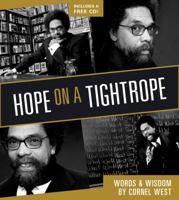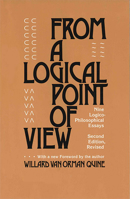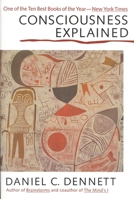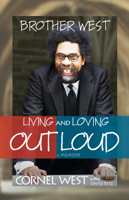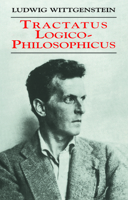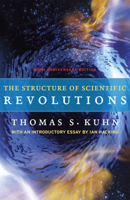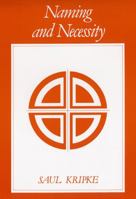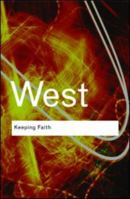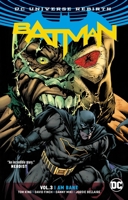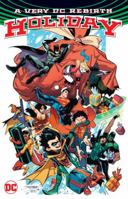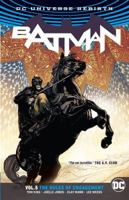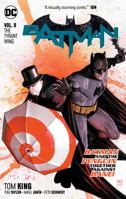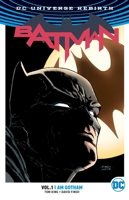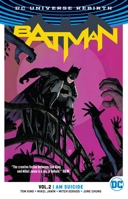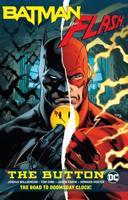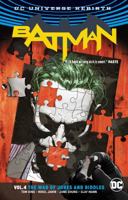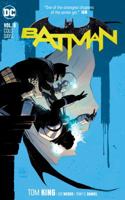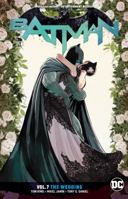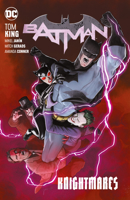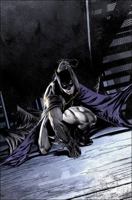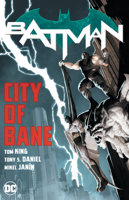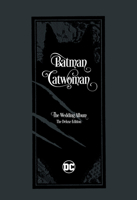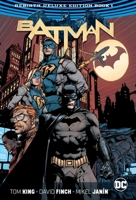Words and Life
Hilary Putnam has been convinced for some time that the present situation in philosophy calls for revitalization and renewal; in this latest book he shows us what shape he would like that renewal to take. Words and Life offers a sweeping account of the sources of several of the central problems of philosophy, past and present, and of why some of those problems are not going to go away. As the titles of the first four parts in the volume--"The Return of Aristotle," "The Legacy of Logical Positivism," "The Inheritance of Pragmatism," and "Essays after Wittgenstein"--suggest, many of the essays are concerned with tracing the recent, and the not so recent, history of these problems.
The goal is to bring out what is coercive and arbitrary about some of our present ways of posing the problems and what is of continuing interest in certain past approaches to them. Various supposedly timeless philosophical problems appear, on closer inspection, to change with altered historical circumstances, while there turns out to be much of permanent value in Aristotle's, Peirce's, Dewey's, and Reichenbach's work on some of the problems that continue to exercise us. A unifying theme of the volume as a whole is that reductionism, scientism, and old-style disenchanted naturalism tend to be obstacles to philosophical progress. The titles of the final three parts of the volume--"Truth and Reference," "Mind and Language," and "The Diversity of the Sciences"--indicate that the sweep of the problems considered here comprehends all the fundamental areas of contemporary analytic philosophy. Rich in detail, the book is also grand in scope, allowing us to trace the ongoing intellectual evolution of one of the most significant philosophers of the century.You Might Also Enjoy
Customer Reviews
Rated 5 starsYahoo! Tell It Like It Is!
This is one of the greatest books I have read about soldiering in a war. I got this book at my local library and immediately started to read it and couldn't put it down. Being a psychologist with experience working with the military and returning soldiers I am glad someone had the guts to write this account! It was funny, sad and sometimes made you mad- but it's the military thru and thru. I love the parts in the beginning...
0Report
Rated 5 starsDon't just look at the pictures, READ the book next time!
Well Mr. Hanner....it might have helped if you had actually "read" the book, instead of just looking at the shiny pictures. Rico acknowledges time and time again that he is in fact NOT a natural born killer. He goes into detail to explain that he did not take his military training as seriously as he should have, was NOT adequately trained to do his "military" job and in fact doesn't know what the hell he is doing half the...
0Report
Rated 5 starsA window into the mind of a soldier
My boyfriend who is a Sgt in th USMC bought the book about a month ago and after reading it begged me to read it so I could have a better understanding of what his tour in Iraq had been like. I have to say I'm not a fan of military themed books, but this book was amazing. As a civilian it gave been better perspective of war, the action and the duldrums.
0Report
Rated 5 starsIf he's lying...
I was trapped in a DC airport this week for 12 hours. While I was wondering aimlessly through airport shops, I saw this book. The Author's name gave me a quick chuckle so I picked it up. First, I am a college educated, U.S. Marine, who enlisted at 26 much like Rico with a desire to do something great for my country after 911. Whether it is Marines or Army, the experience is the same. But, with 4 months to go on my contract...
0Report
Rated 5 starsJohnny wrote the book I was too lazy to write
Rico captured it all... as one of the National Guard soldiers that relieved Johnny and his collection of working class mis-fits from Ghazni, I can testify to the insane-ness written so well. I can't wait for the movie
0Report











